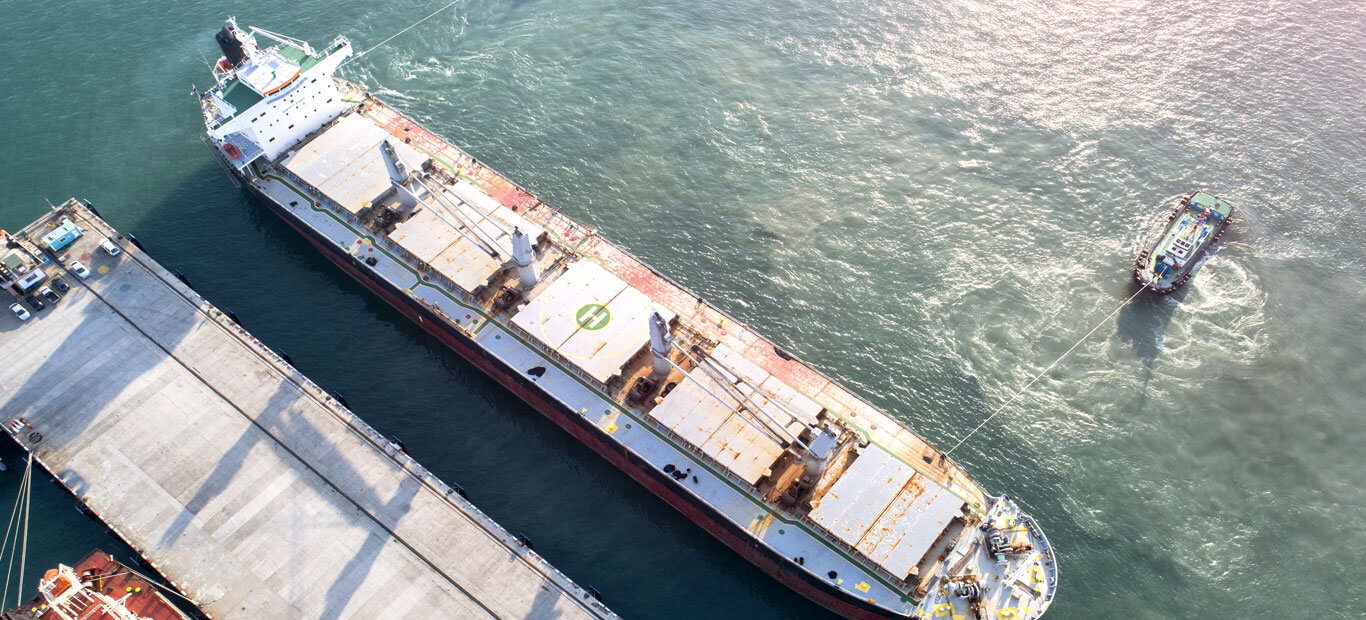The shipping industry necessitates preparedness to ship any product to any part of the world. However the most challenging of them all is usually the shipping of perishable goods. Perishable goods are defined as products whose quality tends to deteriorate if not stored in the right environmental conditions within the prescribed period of time. Some examples of perishable goods are meat, vegetables, fish, seafood, chemicals, fruits, flowers and pharmaceutical products.
In order to be successful in the perishables business, top shipping companies in India who can safely and efficiently manage the shipping of cold chain from origin to destination are your go-to guys. Here is what you need to know when shipping perishable goods.
1.Know the product:
Good product knowledge is the key to efficient shipping of perishable goods. Shippers need to inform their warehousing partners about the nature of every product. Information related to the best method to transport, the ideal temperature for storage, tolerable transit time, food safety requirements, documentation is then discussed and finalized between the shipper and shipping agent in India. Clarity on all these aspects makes both equally responsible for the safe transit of perishable goods.
2.Right packaging:

The right packaging is essential as it ensures that perishable goods do not deteriorate in transit. Not all goods can be packed using the same material, each one has a different requirement. Frozen goods need to be well insulated, fruits and vegetables need to be well wrapped in plastic or foil, ice packs are needed for pharmaceutical goods and baked items need to be packed in airtight material. Cardboard boxes, wooden crates and steel containers help in making ideal containers for transit. Ensure that you are well aware of all the necessary packaging requirements of different types of perishable goods.
3.Cooling agent:
The right cooling agent plays an ideal role in maintaining the desired storage temperatures of perishable goods in transit. The common options are gel packs and dry ice. Gel packs are a good cooling agent but do not last long and so are used when transit is of a shorter duration. Dry ice in either solid or pellet form can keep things cool for several days together.
Also CLICK HERE to know more about what are 5 Best Practices for Managing Cold Storage Warehouses.
4.Delivery time:

All perishable goods have a very limited shelf life. It is therefore very essential to plan the delivery time of these goods. Planning and scheduling are an important part of the entire shipping process. A good shipping agent will take into account all aspects that can delay shipping like holidays, improper documentation, poor labeling and so on and then find ways to work around these challenges.
5.Mode of transport:

Choosing the right mode of transport for perishable goods is one of the crucial steps of shipping and warehousing in India. This helps decide which mode of transport suits the type of products based on the time needed for delivery. Most perishable goods are transported locally through vans and trailers as they are equipped with cooling systems to keep the products fresh. For international shipping, ocean or air freight is your best option. Choosing the right shipping method helps in finding the most efficient delivery of your goods.
Thorough research and understanding of the nature of the perishable product is the key to efficient transportation. Although several challenges come along with the shipping of perishable goods in India, following the steps mentioned above brings about a sense of clarity and ease in the entire shipping process.



